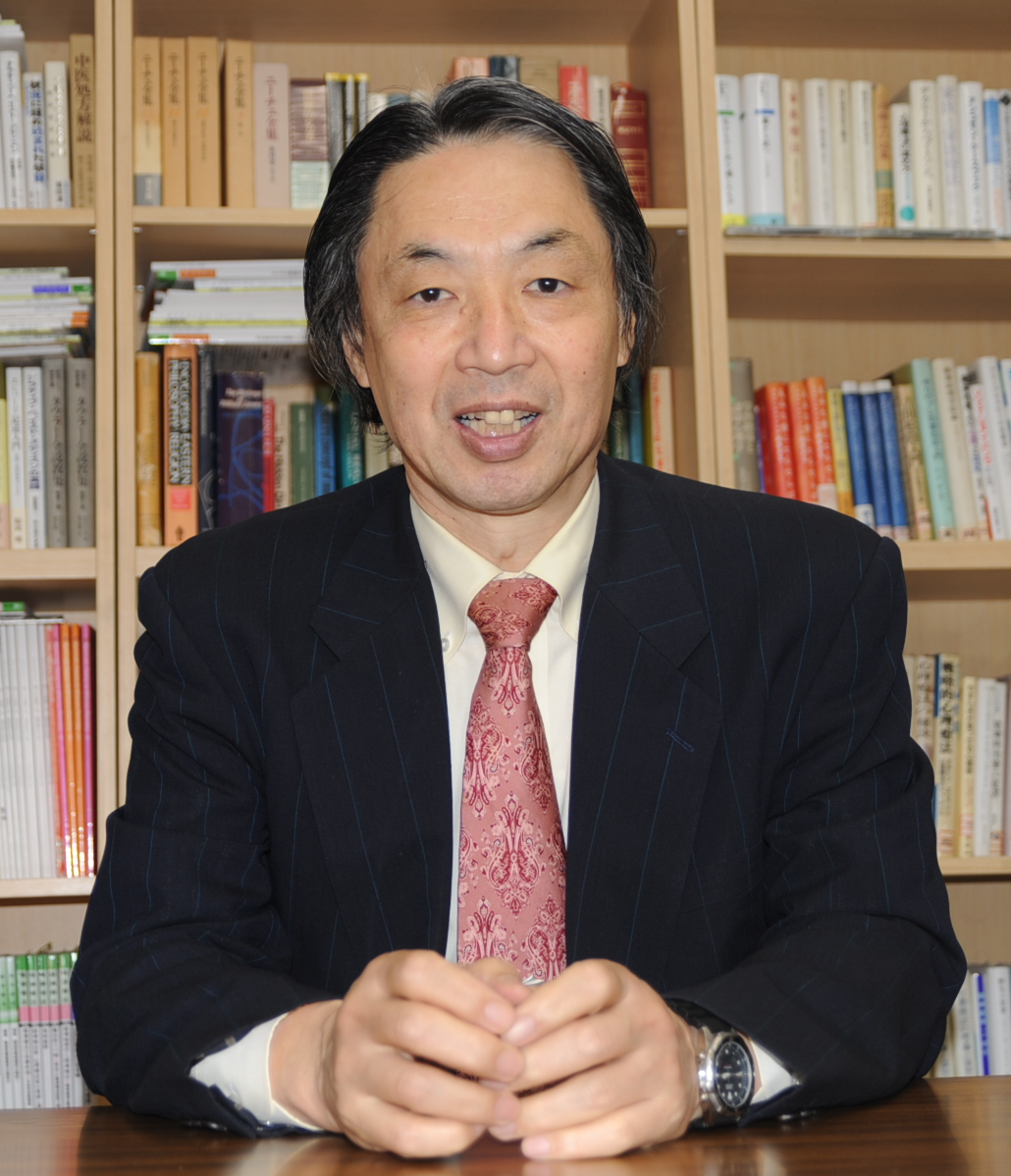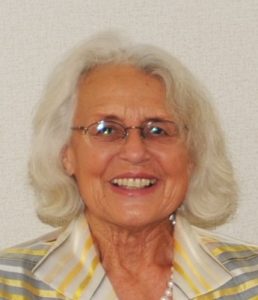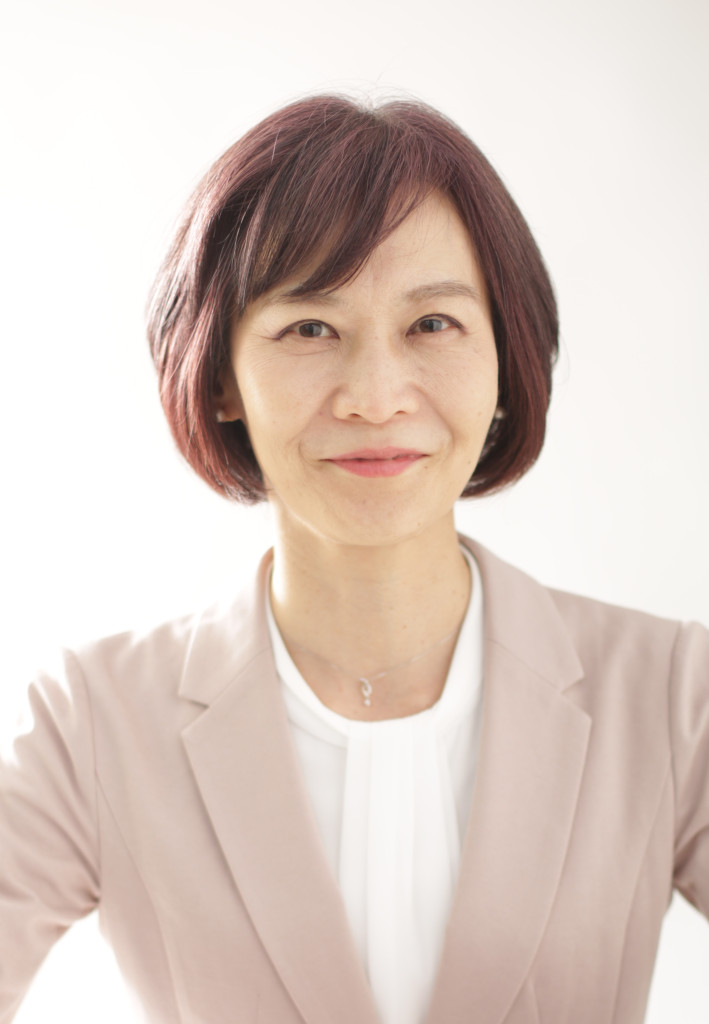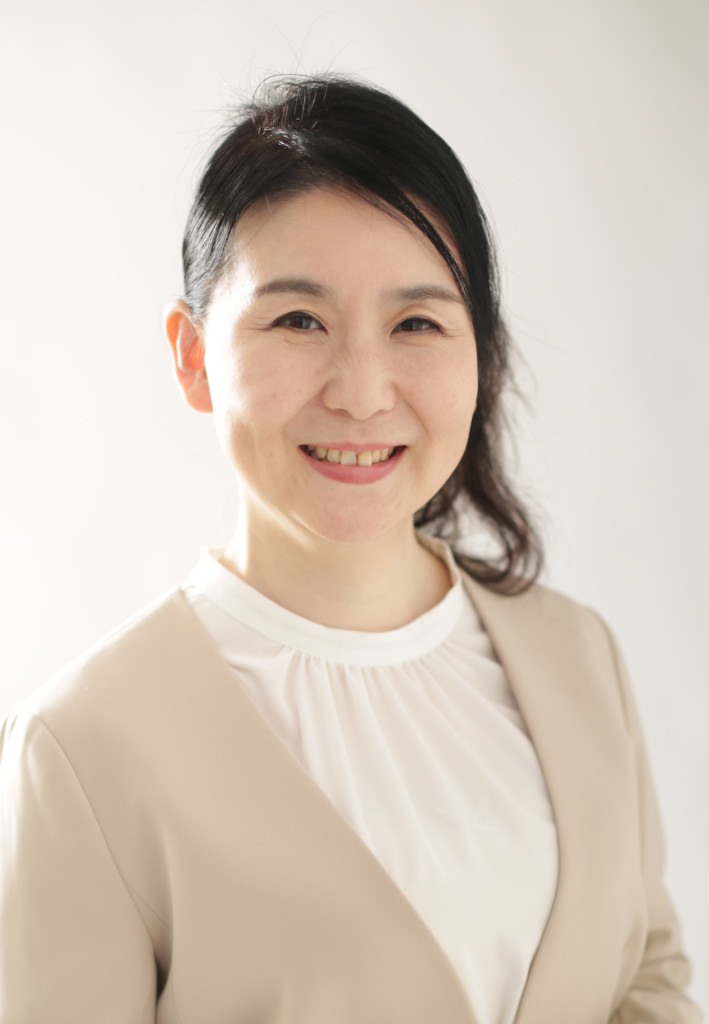Shunsaku NODA, M.D.

Q1: What is Individual Psychology for you?
Adler is, with Erich Fromm, Ivan Illich or Kazuo Watanabe, one of philosophers of Radical Humanism. Same as Humanists in the Renaissance era, he always asks us, “Quid haec ad humanitatem? (What does it concern to the humanity?)” The purpose of his philosophy is the liberation from alienation; every human being should be treated always as a human, not as a means. His theory provides us with a concrete method to actualize his ideal.
Q2: How does Individual Psychology influence your everyday life?
Before Adler, the moral was for me the imperative from the outside. It was always contradictory to internal desires. After Adler, it is my own decision from the inside. I have no internal conflicts any more. I am going to be fully a human. Before Adler, the world was chaos. After Adler, I learned the principle that explains, if not all, almost everything in a very simple manner. As a result, I obtained a handle to deal with many problems in the world. The world is now, I hope, within reach of my hand. Without Adler, I could not treat my patients, I could not associate well with my family, friends and acquaintances, and I could not maintain my own healthy life.
Q3: I hear there are as many non-professional menbers as professional menbers in Japanese Society of Adlerian Society. What do you think about that non-professionals and professionals study together?
Individual Psychology is a treasure for all the human beings. It should be opened to everyone. Specialists of psychology or psychiatry have no right to monopolize it. For specialists, it is so beneficial to learn with non-professional people that narrow perspective, which is a continuous danger for specialists, is prevented by the good common sense of non-professionals. For non-professionals, it must be very exciting experiences to have opportunities to contribute to the future of the human beings through the movement of Individual Psychology.
Q4: In a lecture for beginners of Individual Psychology, what would you like to teach them the most?
First, we can be happy, second, we should give to others, and, third, these two are the same thing in essence.
Yvonne SHÜRER, Psychologist FH, Psychotherapist IFP

Q1: How do you explain about Adlerian Psychology in few sentences for the people who are not familiar to it?
Adlerian Psychology understands individuals to be social beings, who deal creatively with their environment. In childhood, and using the resources at their disposal, each individual develops a personal navigation system, with the aim of securing a valuable place in society. When an individual feels equal among others, their innate social feeling, or Gemeinschaftsgefühl, is emphazised, and resources are activated to improve the standing of the group, or of society. As soon as an individual feels inferior, they forget about benefitting others and try with all available means to rise above them. This striving from minus to plus is innate in all of us, but when an individual’s feeling of inferiority is prevalent, the goal of superiority can become insanely self-centred, causing many difficulties for the individual and for others. Adlerian therapy therefore consists of helping the client understand their value, and activating their resources for the benefit of themselves and others.
Q2: How did your life change in learning Adlerian Psychology?
I suddenly understood what had gone wrong in my life. I was tremendously encouraged and as a result became a more encouraging person.
Q3: What is your opinion about professionals and lay people learning Adlerian Psychology together?
They can learn a lot from each other. Adler avoided teaching elitist groups and allowed lay people to join the professionals. His main goal was to spread his psychology in order to help mankind.
Yuko OTAKE, M.D.

Q1: How do you explain about Adlerian Psychology in few sentences for the people who are not familiar to it?
First, It teaches to live co-operatively without struggling with other people. Second, it teaches each person should do what he/she can do for co-operation. Third, it teaches that co-operative life is the way to get happiness as a human-being.
Q2: How did your life change in learning Adlerian Psychology?
Having learned Adlerian Psychology, I have firm confidence that I have something I can do to construct the peaceful world without struggling. It is marvelous that I have always something I can do for the purpose.
Q3: What is your opinion about professionals and lay people learning Adlerian Psychology together?
It is a specific character of Adlerian Psychology that professionals and non professionals learn together. This shows very well that it is not a special knowledge for specialists of medical, caring or educational areas. Rather, it signifies that it is a “Meschenkenntnis” (human-knowledge) which relates various areas of human relationship. I love this aspect of Adlerian Psychology very much.
Ayumi NAKAI, PHN

Q1: How do you explain about Adlerian Psychology in few sentences for the people who are not familiar to it?
In Adlerian psychology, falling into an inferiority position by comparing oneself to an ideal self, or striving for an unattainable position of superiority, is considered to be a form of self-boundedness. When caught up in self-boundedness, individuals try to control others and move them according to their own will. While such a state may bring satisfaction to oneself, it will eventually lead to unhappiness for both the individual and those around them.
Adlerian psychology believes that true happiness lies in moving away from self-boundedness and living cooperatively with others in a position of equality. Moreover, it can provide concrete methods for achieving such a cooperative way of life.
Q2: How did your life change in learning Adlerian Psychology?
Had I not studied Adlerian psychology, I would have likely caused unhappiness not only for myself but also for those around me. Through studying Adlerian psychology, I gained a clear understanding of my own desires and obligations, as well as learned how to live cooperatively with others.
Q3: What is your opinion about professionals and lay people learning Adlerian Psychology together?
Even those who are called professionals are lay people (such as fathers, mothers, husbands, wives, sons, daughters, friends, etc.) when they return home. It is important that Adlerian psychology is practiced by many lay people in families, schools, and workplaces.
The center of the Adlerian psychology movement is the activities of lay people, such as self-help group activities, and professionals are nothing more than support roles. The wonderful characteristic of Adlerian psychology is that lay people and professionals respect and trust each other and learn together. I believe that this is the path to a future where people live cooperatively.

